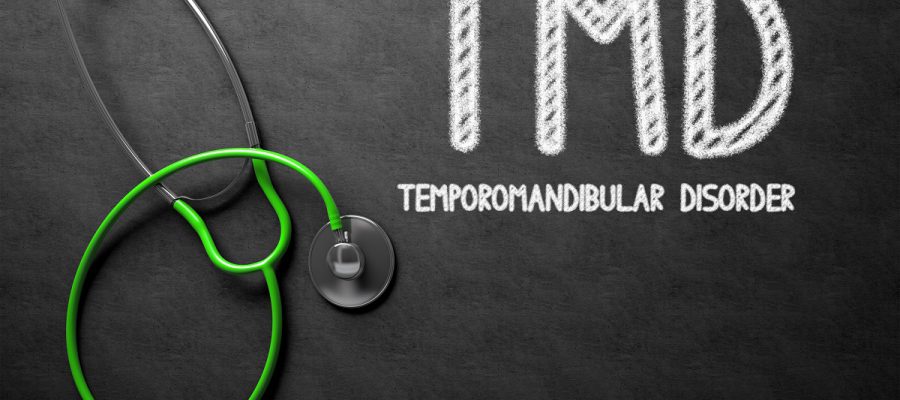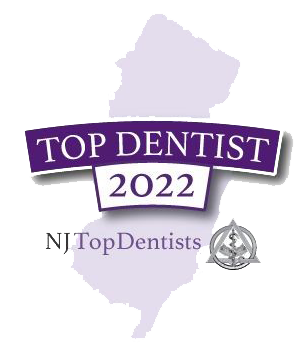
Why Less Is Better When Treating TMJ Disorder

Thanks to the latest advances in TMJ medicine, there are a number of minimally invasive treatment options that have proven to be successful in alleviating TMJ pain and even help patients avoid more invasive treatments like surgery.
In this blog post, West Orange dentist and TMJ specialist Dr. Stein explains why less is sometimes better when treating TMJ disorder.
The Downsides of TMJ Surgery
There are many forms of TMJ surgery, all of which involve making permanent changes to the joints, tissue, bones and muscles that are involved with proper TMJ function. However, one of the downsides of surgery is that there is no guarantee that these changes will actually alleviate pain and symptoms. In some cases, the pain is alleviated only temporarily as surgery may only treat the symptoms and not the cause. As a result, many patients are left with irreversible changes to their facial structure, as well as continuing TMJ pain.
There are other downsides to TMJ surgery. Unlike conservative approaches, surgery requires extensive downtime in order to allow the TMJ and face to heal properly. As with other surgeries, there are risks involved with TMJ surgery that should be considered beforehand.
For these reasons, many patients (and doctors) prefer to avoid surgical intervention. Less invasive treatment options such as orthotic therapy and ultrasound therapy offer relief, and if not effective, these therapies produce no long-term side effects. Non-surgical therapies and treatments are customized to meet the specific needs of each patient.
When Is Surgery Necessary?
Nowadays, surgery is considered only after all other conservative treatments have failed to resolve the TMJ pain. Two of the most common forms of TMD surgery are arthroscopy and open joint, both of which are often used when tumors or major disc problems are involved.
Proper evaluation by a TMJ specialist is crucial to determine the right course of treatment. Dr. Stein uses only the most up-to-date diagnostic technology and evaluation techniques to pinpoint the root of the problem and severity of symptoms. Using this information, Dr. Stein creates individualized treatment plans for his patients. He uses every conservative, non-invasive approach possible before recommending surgery.
To learn more about TMJ disorder and the treatment options Dr. Stein offers, schedule a consultation. Contact the Headache and TMJ Center of New Jersey by calling (855) 865-3627 or emailing us today.

